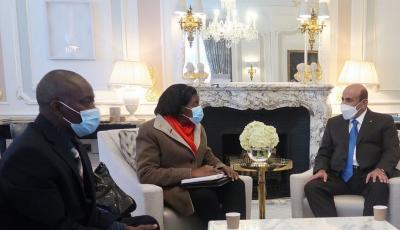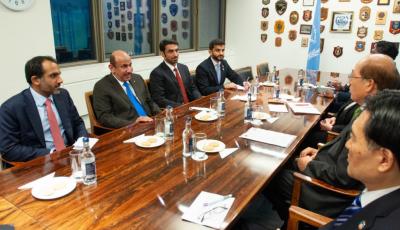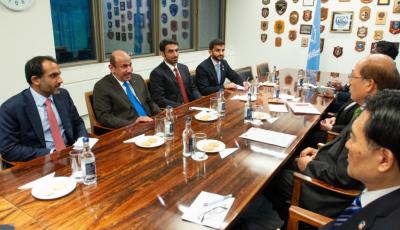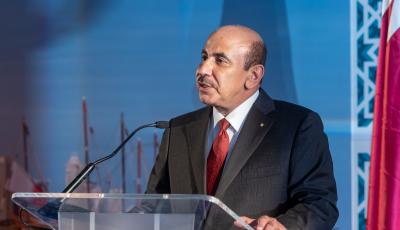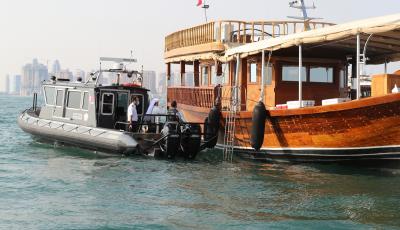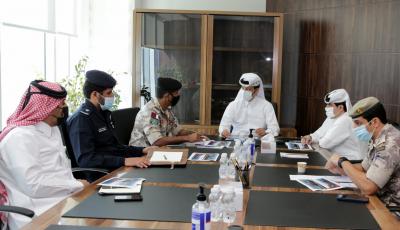
Ministry, Bodies Concerned Meet on Maritime Safety, Security
Doha-The Ministry of Transport, represented by Maritime Transport Affairs, held a coordination meeting with professionals and specialists from several state authorities concerned with maritime safety and security in Qatari waters in the context of preparations for the FIFA World Cup Qatar 2022.The meeting discussed the necessary measures to maintain maritime safety and security.

